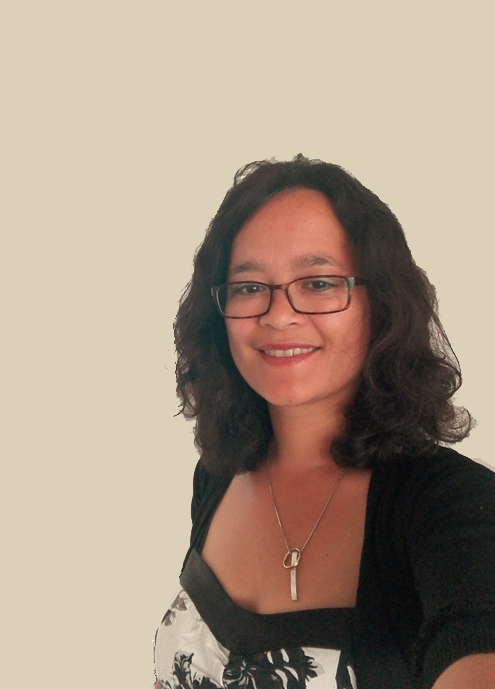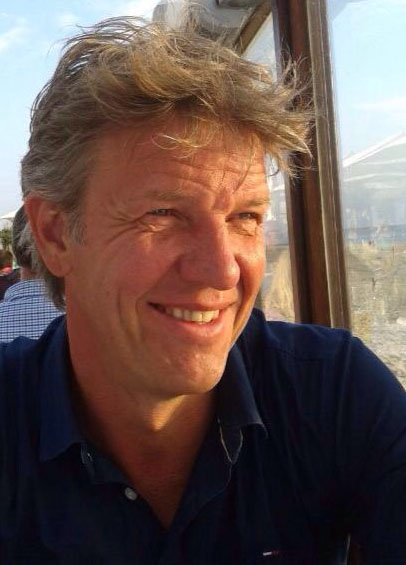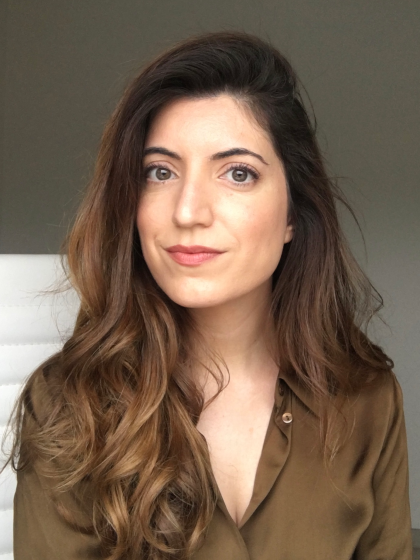
alumnus Maaike van Bockhooven - PhD student
The programme taught me that context matters. It shapes the way a child develops, what and how youth policies are designed and implemented, and the practical effects of an intervention.
After completing this master's programme, I applied for a PhD position listed on the Noorderlink platform, jointly offered by the GION (Research/Teaching) at the University of Groningen and the Institute of Sport Studies at Hanze University of Applied Sciences. I was offered the position and started last September!
Current positionWithin this collaboration, I am conducting research on extracurricular activities in the primary school context... Broadly, the research will seek to answer how these enriched hours can be organized in impactful and feasible ways in the context of promoting equality of opportunity among children. Every working day as a PhD student is different, but since this is the beginning phase of my PhD project, I do a lot of reading and writing to outline my research proposal.
Looking backIlook back to my student days with a big smile. I have experienced a lot of growth both academically and personally. I've always been able to put enough effort into my studies while doing a lot of other fun things.
What I liked about this master's is that quite a small number of students apply and that it is also open to international students. This facilitates many interesting discussions during the lectures with students bringing their perspectives from diverse backgrounds.
InsightsDuring the programme, I learned how interventions can improve children’s well-being and what is important when implementing these interventions in, for example, the educational setting. In the various courses, it was emphasized that not only the specific intervention but also broader (systemic) factors contribute to its success and challenges. Also bridging the gap between theory and practice and the role of research in improving interventions and youth policies were important topics throughout the whole programme. Together, the insights I gained during this master's programme are valuable in designing and conducting my current research.
SkillsI really liked that almost all the courses I took ended not with an exam, but with a writing assignment. In this, you had a lot of freedom and could apply your own interests to the assignments. I also think that this form of assessment fits very well with the skills you should develop during your master's. More specifically, I enjoyed the process of writing my master’s thesis. It felt like a great conclusion to the program, allowing me to bring together and apply knowledge from the other courses.
I benefited mostly from the writing skills that I gained. I try to be critical of what I write and to incorporate all relevant viewpoints. Furthermore, the master's programme taught me that context matters. It shapes the way a child develops, what and how youth policies are designed and implemented, the practical effects of an intervention etc. In my current job as a PhD student, it is of great value to always keep this in mind.
FutureOf course, first I want to complete my PhD. And after that? I hope that after completing my PhD, I can continue to grow as a researcher and contribute my knowledge and expertise in a role that makes a meaningful difference for vulnerable children.
Advice My advice for current and future students would be to take advantage of your teachers as a valuable resource! As the group of students following this master programme is relatively small, the teachers are very approachable, supportive, and always willing to help, so don’t hesitate to reach out. Talk to them about your interests, career goals, or possible job paths. They can offer guidance and possibly connect you with opportunities. Through talking a lot with my thesis supervisor about my future path, she convinced me that pursuing a PhD could be a great fit for me. And here we are now :)
lees verder ...









